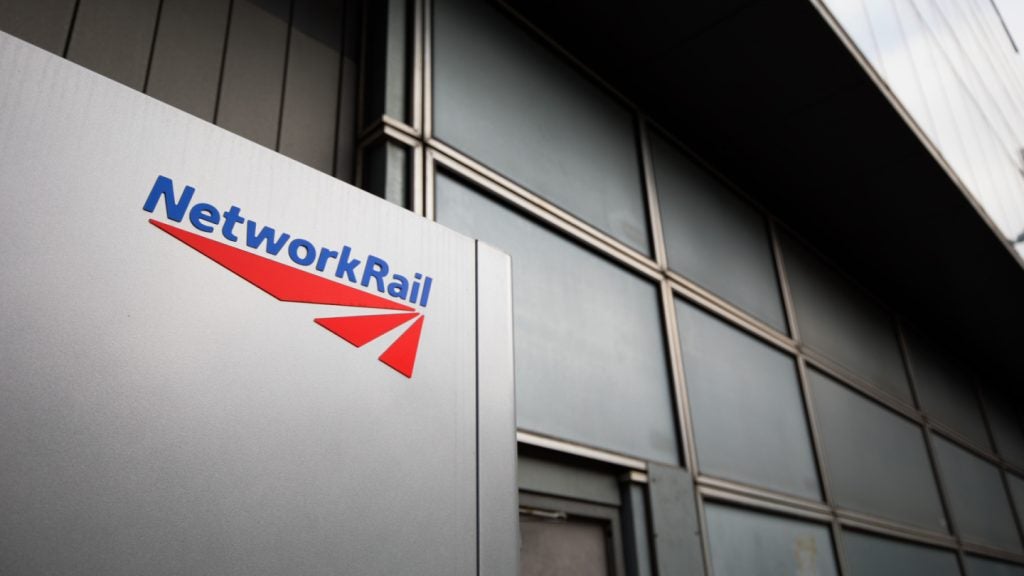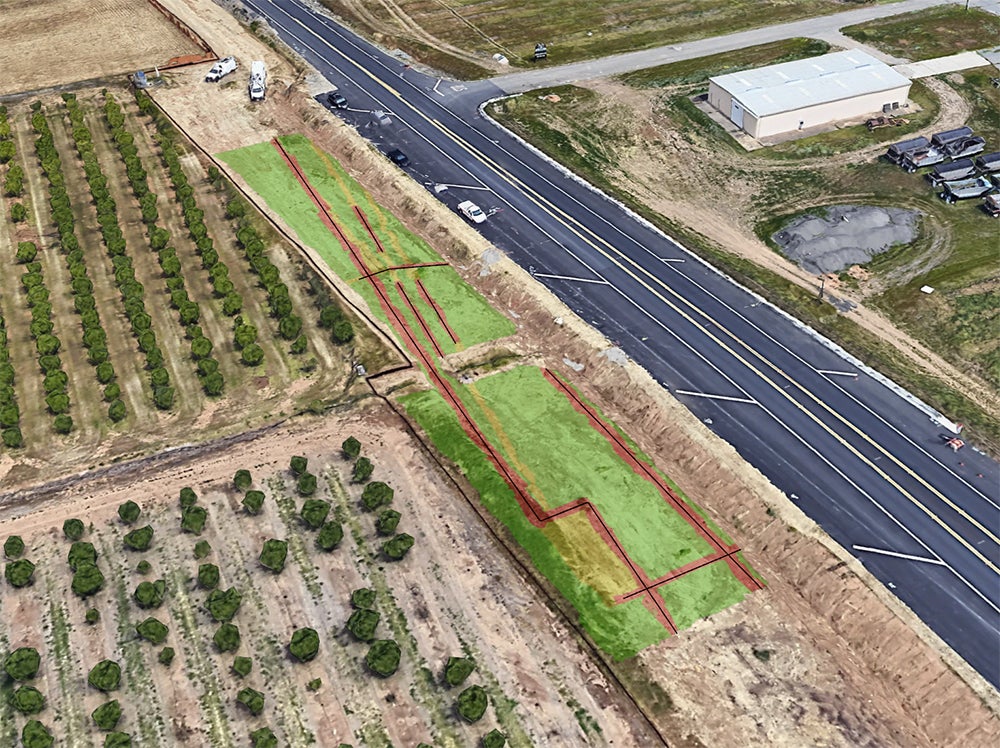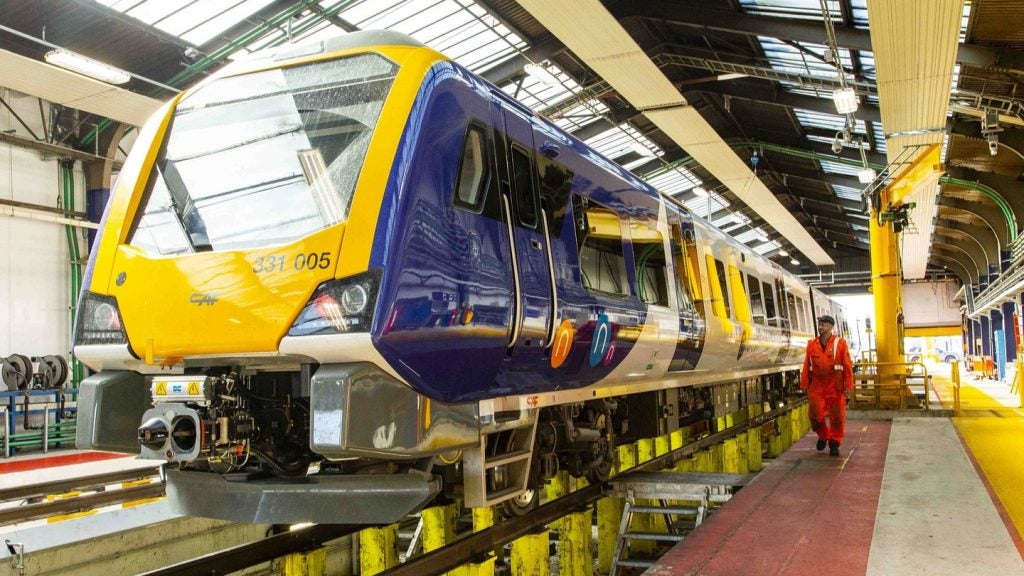The Office of Rail and Road (ORR) has revealed its initial assessment of Network Rail’s latest five-year plan for April 2024 to March 2029 to spend almost £45bn on England, Scotland and Wales’ rail network.
Whilst the regulatory body largely praised the plans and their delivery against the UK Government’s priorities, it also called for a greater focus on train performance and more spending on keeping core assets, such as tracks and structures, up to date.
ORR chief executive John Larkinson said that whilst he was pleased that Network Rail had made clear judgements on delivering the plans with a constrained budget, more work needed to be done.
Larkinson said: “Improving performance for passengers and freight is, however, a top priority and while we acknowledge there is no easy fix, Network Rail has to be more ambitious if positive change is to happen.
“Our assessment is that while the plans are generally well-founded, greater investment and focus is needed on the renewal of core assets such as structures and earthworks.”
In its draft determination, the ORR proposed that Network Rail should increase spending on core assets by £600m by reprioritising funding from other areas deemed to be of lower importance.
This proposal lines up with a warning published by the ORR earlier this year that Network Rail needed to do more to address a backlog in examining structures around the UK’s rail network, expressing concern that faults could be left unaddressed until they pose a safety concern.
Another proposal made by the body was that Network Rail’s plans should better account for possible risks by increasing the financial provisions in that area to around £2bn.
Larkinson himself pointed to climate change as an area of increasing uncertainty that is likely to continue causing issues for the country’s rail infrastructure.
Regarding train performance, the ORR said it would be introducing specific performance targets for services to meet that would go further than the targets proposed in the five-year plan and called for more dedicated funding to be assigned to the issue.
However, although it broadly sets out the ORR’s concerns, this draft determination is only an initial assessment, with the final determination set to arrive in October after the body has gathered more details on the plan and assessed the responses to its consultation.
Its publication has also been welcomed by the wider rail industry in the UK with the Railway Industry Association (RIA) saying it has come at an important time for rail suppliers.
Although, RIA Chief Executive Darren Caplan also said: "We urge policy makers and influencers to note that rail business continue to need much more clarity over the future structure of rail, and the forward work pipeline, to help them plan ahead and deliver work as efficiently, and as cost-effectively for the taxpayer, as possible."















